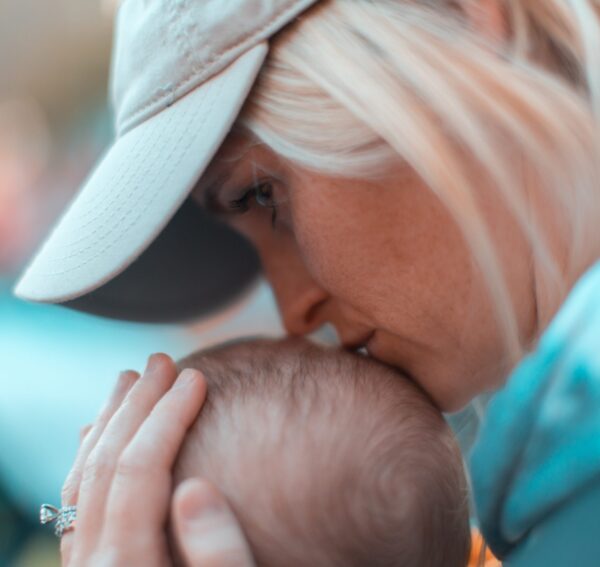Mental health starts in infancy, and the first 2,000 days of life are vital

Infant Mental Health Awareness Week is acknowledged in Australia from 10 – 16 June, providing an opportunity to discuss the importance of an infants’ mental health and wellbeing as well as some of the issues that affect it.
The experiences and relationships that an infant experiences in the earliest years of life have a profound impact on the development of brains and on long-term health outcomes?
Infant mental health is a child’s ability to feel and express emotions, form relationships, take in information from their environment and achieve their developmental milestones. Their mental health can change depending on their environment and experiences.
Positive infant mental health contributes to brain development and emotional wellbeing. It provides a foundation for good long-term outcomes in all areas of their health.
A strong example of the impact of Infant Mental Health is the TED talk featuring 7-year-old Molly which highlights the importance of the first 2,000 days of life and the impact of talking and playing with babies.
In acknowledgement of Infant Mental Health Week the Murrumbidgee Local Health District (MLHD) are promoting the importance of the First 2,000 Days of Life at events across the region.
Keryl de Haan, MLHD Perinatal Infant Mental Health Clinical Lead said the events will help new parents and carers to discover ways to connect with their babies and provide health professionals with information that helps dispels myths around infant mental health.
“Through these events we want parents and carers to know that the experiences of smiling, playing, talking, cuddling, touching, are all important for a baby’s development. We believe every child can, and should, thrive by the age of five,” Ms de Haan said.
The events will also raise awareness of the way that the wellbeing of parents and carers can impact the way they interact with their babies, and parents and carers attending the events will also come away equipped with resources to help them identify when they may need help, and where they can find it.
“If you’re ever feeling overwhelmed, chatting with your GP, maternity or local hospital, child and family health nurse and/or other health professional can provide options for where to go next – there’s lots of support out there,” Ms de Haan said.
Information and support can also be found at www.panda.org.au or by calling the national helpline on 1300 726 306.
Parenting Resources:
- MLHD Child and Family Health Nurses 1800 654 324
- Building Brains and Bodies https://www.health.nsw.gov.au/kidsfamilies/MCFhealth/child/Pages/videos.aspx
- Raising Children’s Network – Connecting and communicating with newborns
https://raisingchildren.net.au/newborns/connecting-communicating - Molly Wright: How every child can thrive by five (TED Talk)
https://www.youtube.com/watch?v=aISXCw0Pi94) - NSW Health – The first 2000 days of life
https://www.health.nsw.gov.au/kidsfamilies/programs/Pages/first-2000-days.aspx - Parent Line 1300 1300 52
Mental Health Resources:
- MLHD Community Mental Health, Drug and Alcohol Service 1800 800 944
- PANDA (Perinatal Anxiety and Depression Australia)
www.panda.org.au - Helpline 1300 726 306 (Monday to Friday, 9.00am to 7.30pm)
- Lifeline 13 11 14
- Beyond Blue 1300 224 636
- If symptoms are more severe and involve thoughts of harm to oneself or the baby, immediate help is available by attending your local hospital emergency department or contacting Accessline on 1800 800 944.
More information about Infant Mental Health Awareness Week can be found here.
Popular

Workforce
Policy
Quality
Practice
Provider
Research
ECEC must change now, our children can’t wait for another inquiry
2025-07-02 07:47:14
by Fiona Alston

Practice
Provider
Quality
Workforce
Leading with Curiosity: How distributed leadership is redefining the future of early childhood education
2025-07-03 07:42:07
by Contributed Content

Events News
Workforce
Marketplace
Practice
Quality
Provider
Research
An exclusive “Fireside Chat” with ECEC Champion Myra Geddes
2025-07-01 11:25:05
by Fiona Alston













